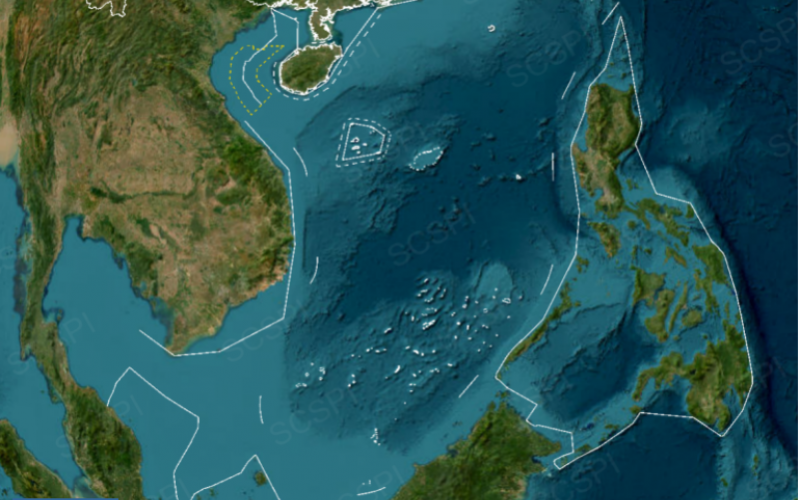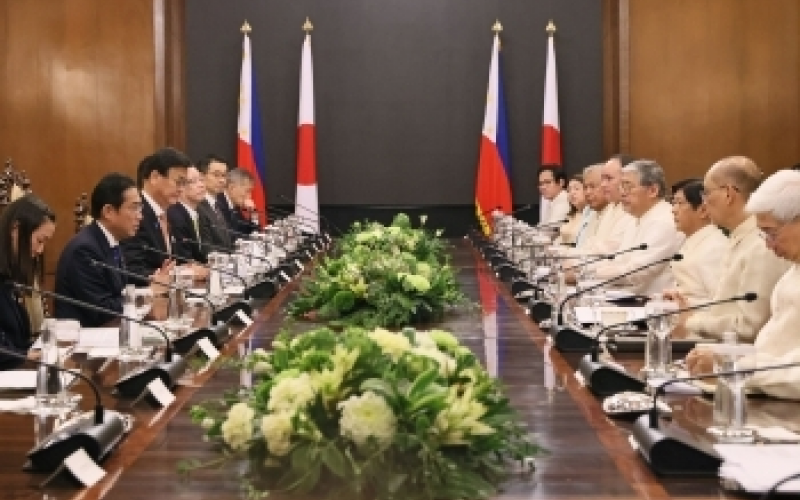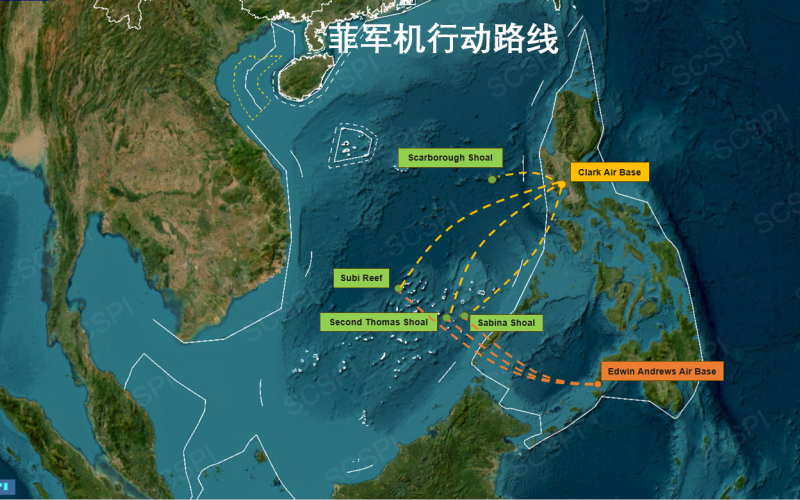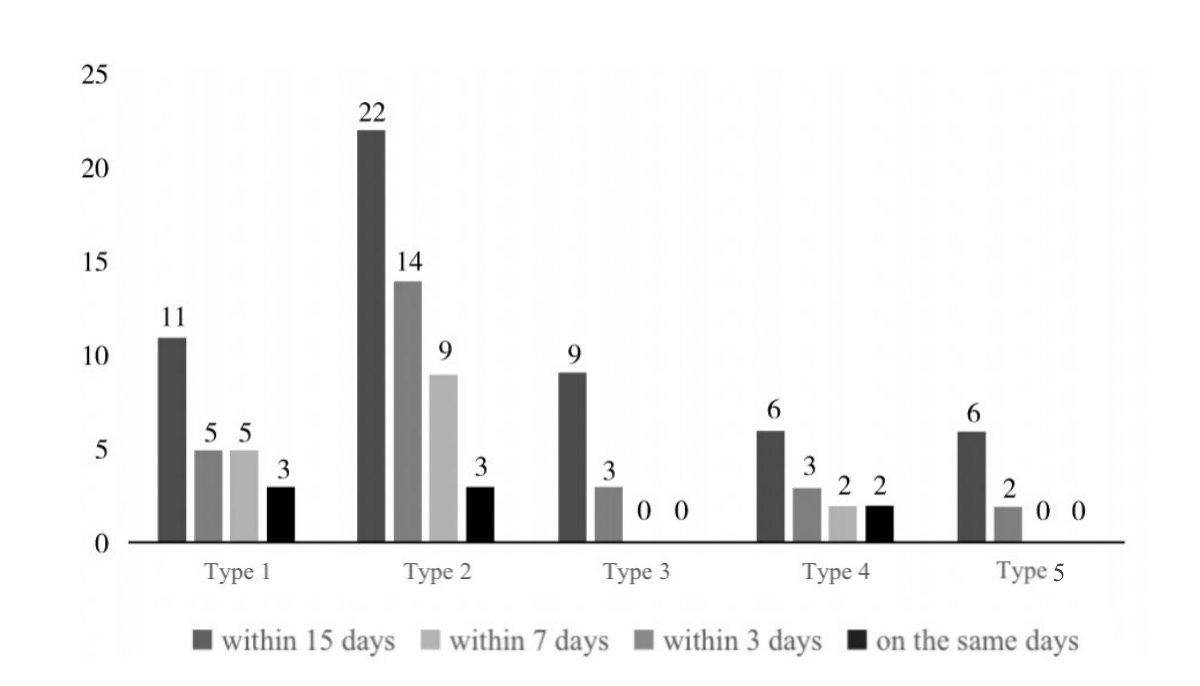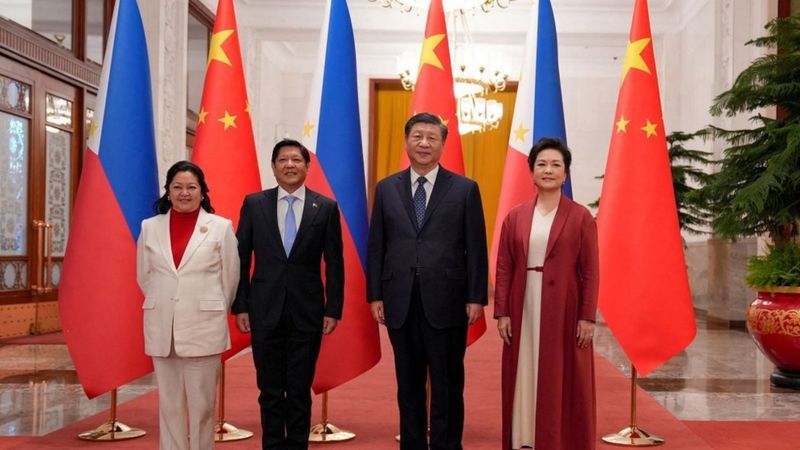TOP STORIES
2023-07-31 | BY Zheng Zhihua
The South China Sea arbitration ruling is like a Sirens’ Song that mesmerizes Filipinos with its beauty and promise, unleashing conflicting emotions and desires, and driving some to madness and violence. The Philippines is ratcheting up its rhetoric and actions on the South China Sea, with increasingly strident statements, more frequent diplomatic protests, and more aggressive law enforcement measures. The Philippines has given the ruling a new level of significance, with Foreign Minister Manalo declaring on July 12, 2023.
2023-07-08 | BY Song Runxi, Wang Tengfei
In 2022, the issue of illegal, unreported, and unregulated (IUU) fishing by the Vietnamese fishing boats in the SCS continued to be prominent, intensifying the maritime fishery disputes between maritime law enforcement institutes of Malaysia and Indonesia and Vietnamese fishermen. The Vietnamese government has taken steps to tackle IUU fishing in the SCS, but the results is modest. The sustainable development of marine fishery resources in the SCS concerns the vital interests of coastal states and fishermen. The Vietnamese government needs to continuously face up to the IUU fishing problem, taking effective measures to strengthen its fishery management, raising fishermen’s law-abiding awareness, enhancing the ability to inspect, control and supervise illegal fishing activities, and fulfilling corresponding international obligations.
Feature-challenge Freedom of Navigation Operations and the Major Agendas of U.S. Policy toward China
2023-06-23 | BY Hu Bo
The United States conducts freedom of navigation operations (FONOPs) against many countries and regions around the world, and FONOP has had strong political and diplomatic overtones from its start in 1980s. However, the FONOPs conducted by US warships around China-stationed features in the South China Sea since 2015 are significantly different from FONOPs undertaken in other parts of the world , with greater publicity and politicization attached. This article analyzes the connections between feature-intrusive FONOPs and the major events of China-US relations, and the text tendency of the US narrative. It is revealed that the US’s increasing anxiety has turned its low-key military operations to be progressively political in the face of the modernization of China's military forces and the construction of a maritime power.
2023-06-03 | BY Lei Xiaolu
The international order should not be based solely on the national interests of any single country, or following the standards of a few countries, but rather on the common interests of all countries. The international order based on international law provides a strong mechanism for safeguarding the common interests of all countries. Only by adhering to the multilateralism mechanism with the United Nations as the core, and the rules of international law, can we truly maintain lasting peace, prosperity and stability of the world. If the U.S. “FON” and “rules-based maritime order” have similar connotations, or if it really wants its position to be understood and accepted, it should seriously consider the positions and concerns of other countries on the right of navigation on an equal footing, and solve problems through bilateral and multilateral arrangements, instead of demanding other States to act according to its standards and interpretations in an imperious tone.
2023-04-06 | BY Hu Bo, Yan Yan, Lei Xiaolu, Zheng Zhihua
On April 3rd, the SCSPI delegation visited Manila and attended an open forum titled “7th Bilateral Consultations Mechanism (BCM) on the South China Sea (SCS): PH-CN Relations Against Stress on the SCS” with Philippines local media, organized by the Asian Century Philippines Strategic Studies (ACPH).





